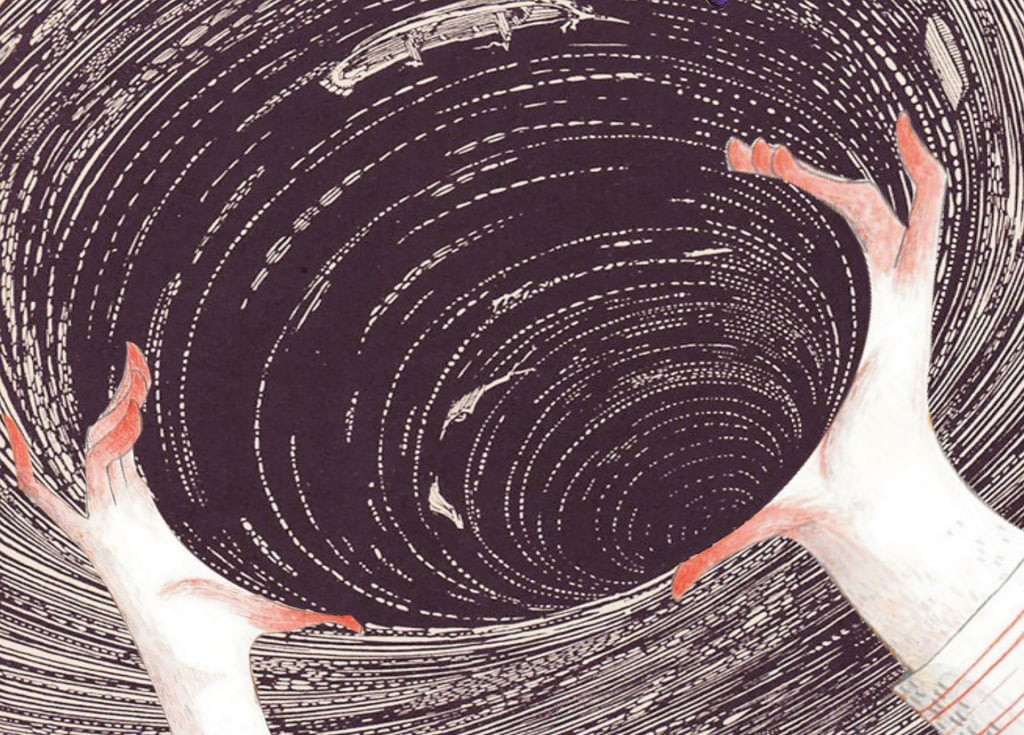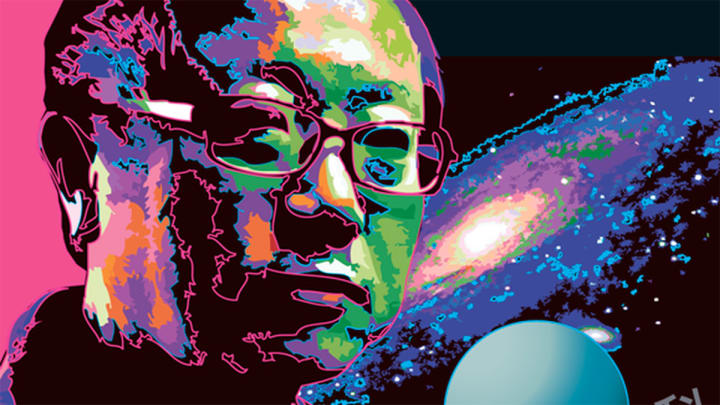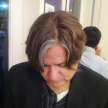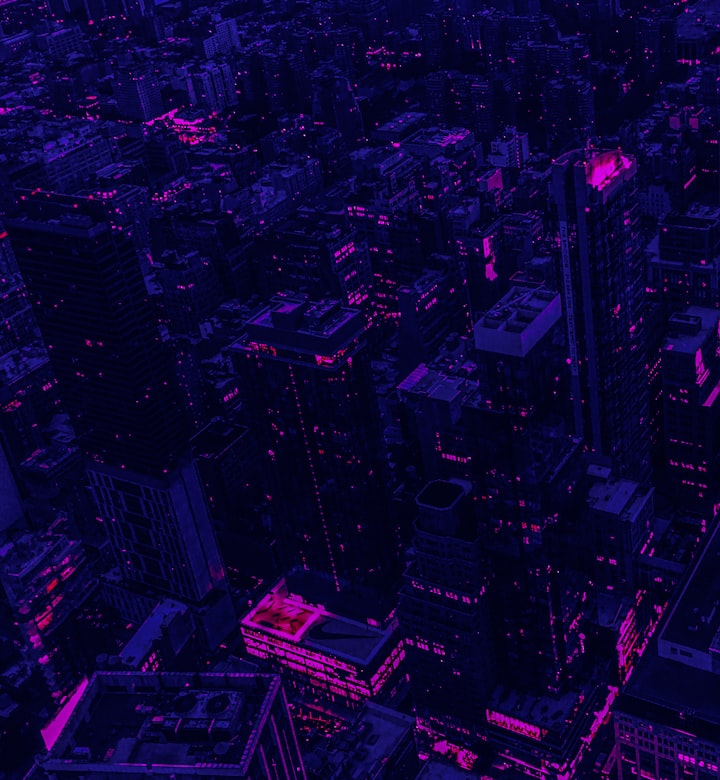
In Liu Cixin’s novella, The Wandering Earth, hope is a viscous substance clinging rather tenaciously to the remnants of humanity. At times, it seems as if this is the only theme running an even course throughout the story; however, tucked beneath the surface and erupting later in the story is another powerful theme that speaks to many of our problems today: a distrust of scientists.
The Wandering Earth begins at a time in the future when humanity has accepted the findings that our sun is in the final cataclysmic stages of transforming into a red giant. This transformation will include a helium-burst from the sun that will vaporize the Earth unless we either leave the planet, or move it. This is at first the only aspect where people disagree, however under the Unity Government it is decided that Earth Engines will be constructed in order to move the entire planet to the closest most viable star. The story, told from the viewpoint of an unnamed narrator, covers the period of time from when the Earth Engines are beginning to function to the passage of the Earth past the outer planets in our solar system.
The poetic language employed in Liu Cixin's epic The Wandering Earth, intertwines the turmoil and trials of the societies of our planet with short precise descriptions of scientific and technological advancements. However, we experience the story through the eyes of a single unnamed individual, from birth to his waning years. The pacing of the novella was about as perfect as one can create, in that the story was filled with constant movement and action, constant thought and emotion, and yet not once did it feel rushed or as if something important was left unmentioned. At times the translation created some clumsy phrasing, but not enough to detract from the story itself; and the beauty of the original writing still shone through despite the difficulties of translating from Chinese to English.

Photo via Mail & Guardian
The idea of moving an entire planet has always seemed absurd to me, however the descriptions in the story concerning why and how this is accomplished are simultaneously astute and rather moving. For me, the true test of a science fiction tale is in the believability of the science, and in the connection I make with the characters. The science in The Wandering Earth is explained with a perfect mix of complex ideas and straight-forward wording; so much so that I found myself compelled to believe and simply keep reading in order to learn what came next. And the fact that the narrator lacked a name did not keep me from picturing him in my mind, or from hoping he ended well.
Overall, The Wandering Earth by Liu Cixin is a story that must be read. If you are a fan of science fiction, if you love the complexity of the stories of Ursula K. LeGuin, and the clarity of Arthur C. Clarke, then this is certainly a good introduction to the works of Liu Cixin. You will believe the plight of our future civilizations while reading this story, and you will be moved to worry about and root for this unnamed narrator fighting for his own survival, and for the survival of the human species.
About the Creator
DS Peters
Writer of all types of fiction, poetry, and odd bits of non-fiction. Traveler, scuba diver, teacher, and observer of human behavior in Saudi Arabia. Buy "Rejuvenation", my new dystopian novel, at: https://tinyurl.com/yyevad5n






Comments
There are no comments for this story
Be the first to respond and start the conversation.